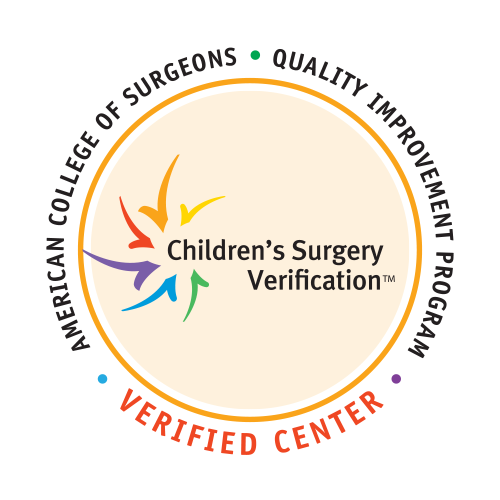Pediatric Heart Disease Diagnostics and Imaging
At University Hospitals Rainbow Babies & Children’s Hospital, we use the latest and most innovative imaging equipment and techniques to quickly and accurately diagnose the full range of cardiovascular conditions, so patients can receive treatment as quickly as possible. Thorough and highly sophisticated testing allows us to get an accurate picture of just what the problem is, and help us formulate the most effective plan for treating it.
The pediatric cardiac imaging technology at UH Rainbow is among the most advanced in the world. Our pediatric heart experts use these state-of-the-art capabilities to diagnosed the most complex heart conditions, provide insights into each patient’s unique anatomy, and improve patient outcomes.
Make an Appointment with a UH Rainbow Heart Specialist
To schedule an appointment with one of our pediatric heart experts, call 216-844-3528 or schedule online.
Advanced Cardiac Imaging Capabilities Leads to Better Outcomes
Our advanced cardiac imaging program offer the full range of cardiac imaging technology – including being one of the only programs in the state to offer cardiac stress MRI and one of a select few in the country to offer fetal cardiac MRI. Other imaging technology we offer includes echocardiography, cardiac CT, cardiac MRI, fetal echo, and 3-D printing capabilities.
This cutting-edge technology helps specialists by providing them with the clearest possible picture of a patient’s complex anatomy. Our technology allows pediatric cardiologists to create 2-D and 3-D roadmaps to help guide, place and manipulate catheters during a procedure. With 3-D models, surgeons can plan interventions well in advance of the actual procedures and create a customized surgical approach best suited for the individual patient.
Having this information can also help reduce time in the OR, improve quality of care and patient safety, enhance patient and family education and ultimately improve outcomes.
Our Imaging Technology
Our pediatric cardiologists perform the cardiac imaging tests and work closely across our specialized pediatric team at UH Rainbow Babies & Children’s for any diagnostic need. Our team of experts work side by side to provide specialized care to our young patients and their families.
Our diagnostic tests and procedures include:
Non-invasive Imaging
Invasive Imaging in cardiac catheterization laboratory
Convenient Clinic Locations Across Northeast Ohio
We offer a comprehensive range of non-invasive prenatal diagnostic testing at our main campus and at the majority of our clinics across Northeast Ohio to provide for exceptional patient access and convenience. Our clinic locations are staffed by pediatric cardiologists, cardiac nurse practitioners as well as our highly dedicated team of cardiac nurses, medical assistants and sonographers. These specially trained nurses offer assistance to physicians, patient and family during patient visits, help during patient follow-ups and often provide testing results when not available during the routine visit in person, by telephone or via online services.
Your child’s health is important. Get expert care.
To schedule an appointment with one of our pediatric heart experts, call
216-844-3528.

UH Rainbow is recognized as a Level I Children’s Surgery Center by the American College of Surgeons (ACS), reserved for hospitals that meet the highest standards for quality care, safety, staffing, training, data collection and infrastructure. This quality indicator means that we are focused to prevent complications, hold down costs and improve patient outcomes.


